Pollination: Impact, role-players, interactions and study – A South African perspective
DOI:
https://doi.org/10.17159/sajs.2017/20160303Keywords:
floral choice, bees, plant–pollinator interactions, metabarcoding, pollenAbstract
Plant–pollinator interactions are essential for maintaining both pollinator and plant communities in native and agricultural environments. Animal-instigated pollination can be complex. Plants are usually visited by a number of different animal species, which in turn may visit flowers of several plant species. Therefore, the identification of the pollen carried by flower visitors is an essential first step in pollination biology. The skill and time required to identify pollen based on structure and morphology has been a major stumbling block in this field. Advances in the genetic analysis of DNA, using DNA barcoding, extracted directly from pollen offers an innovative alternative to traditional methods of pollen identification. This technique, which is reviewed in detail, can be used on pollen loads sampled from bees in the field and from specimens in historic collections. Here the importance of pollination, the role-players involved, their management and the evolution of their interactions, behaviour and morphology are reviewed – with a special focus on South African bees.
Significance:- Pollen metabarcoding will enable the identification of pollen for a multitude of uses, including agriculture, conservation and forensics.
- Plant–pollinator interaction documentation through pollen identification gives a more certain record of a visitor being a pollinator rather than a flower visitor that could be a nectar gatherer.
Published
How to Cite
Issue
Section
License

All articles are published under a Creative Commons Attribution 4.0 International Licence
Copyright is retained by the authors. Readers are welcome to reproduce, share and adapt the content without permission provided the source is attributed.
Disclaimer: The publisher and editors accept no responsibility for statements made by the authors







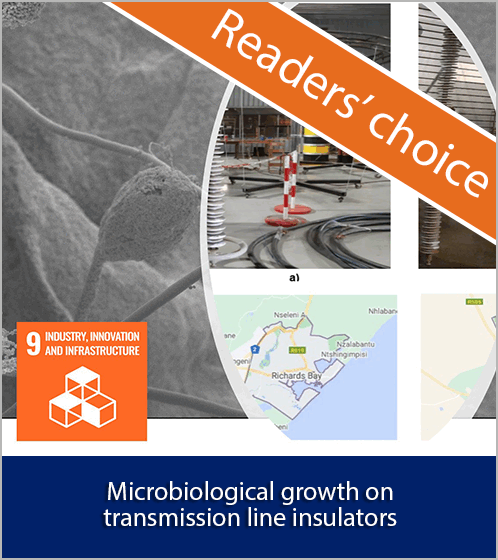
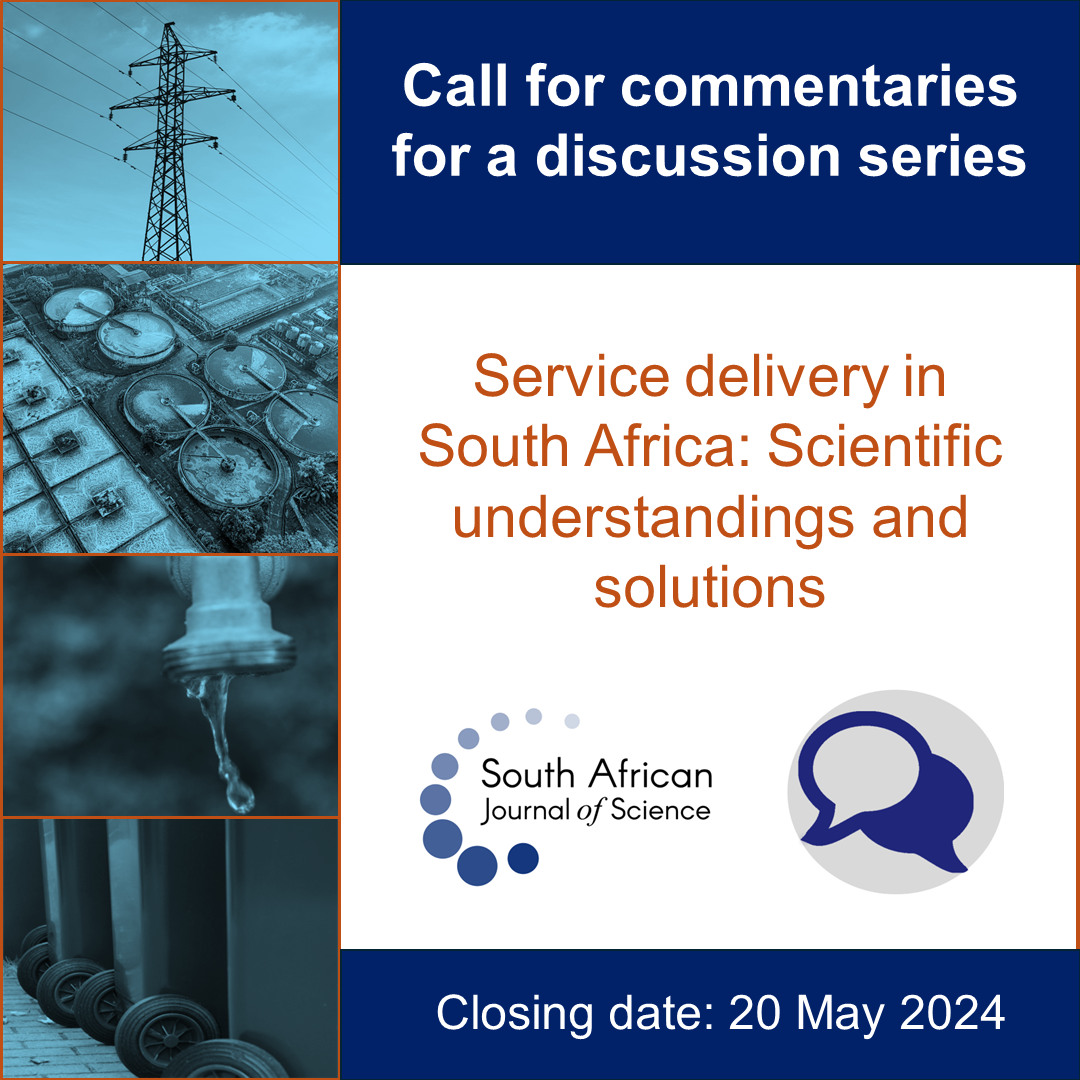
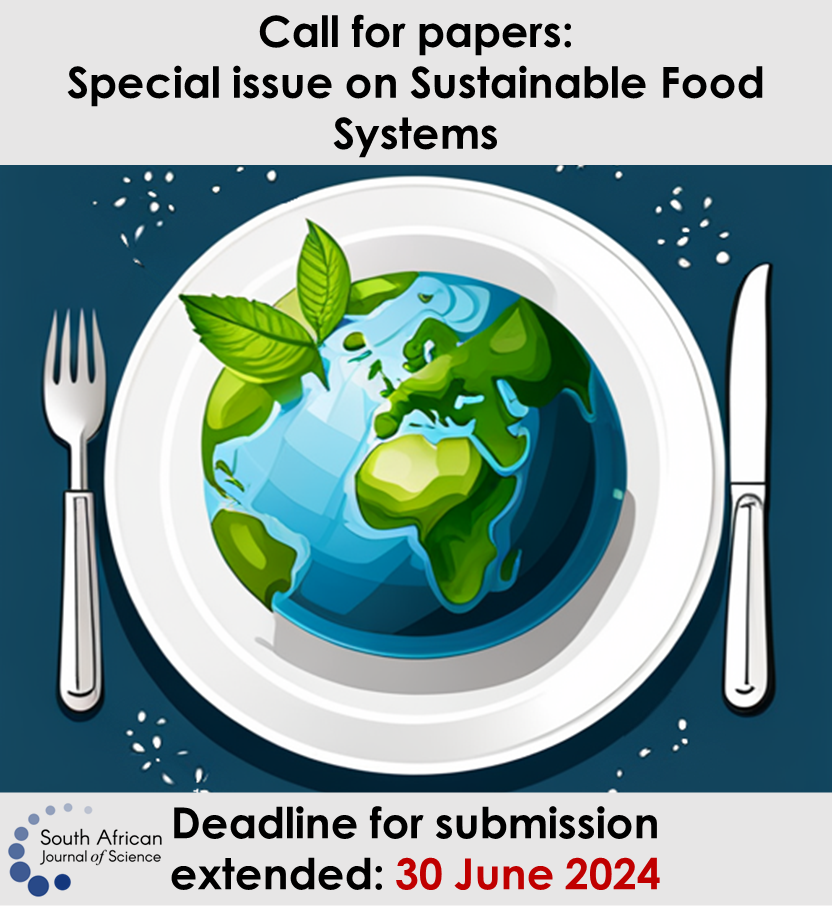
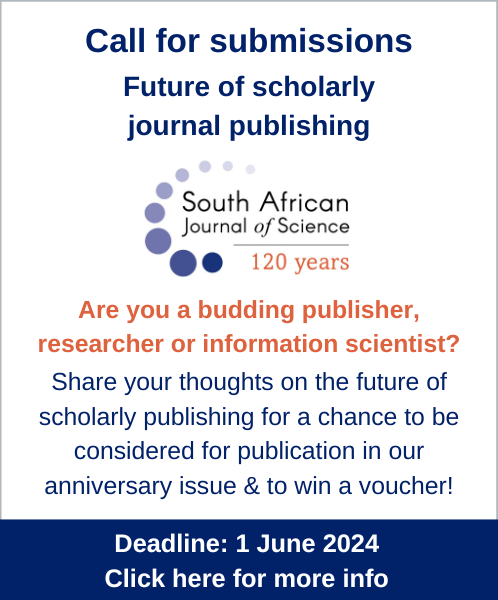
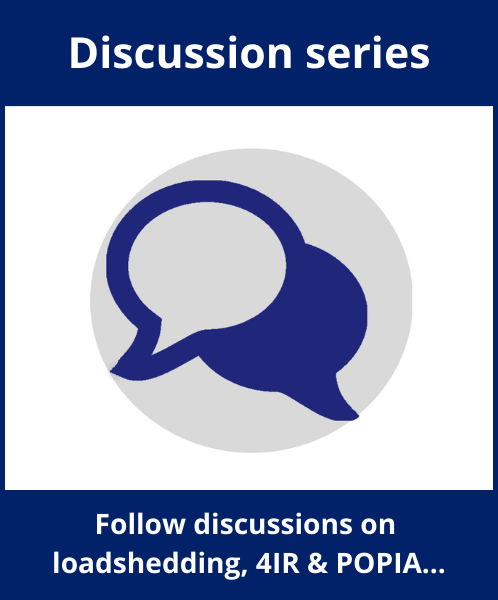
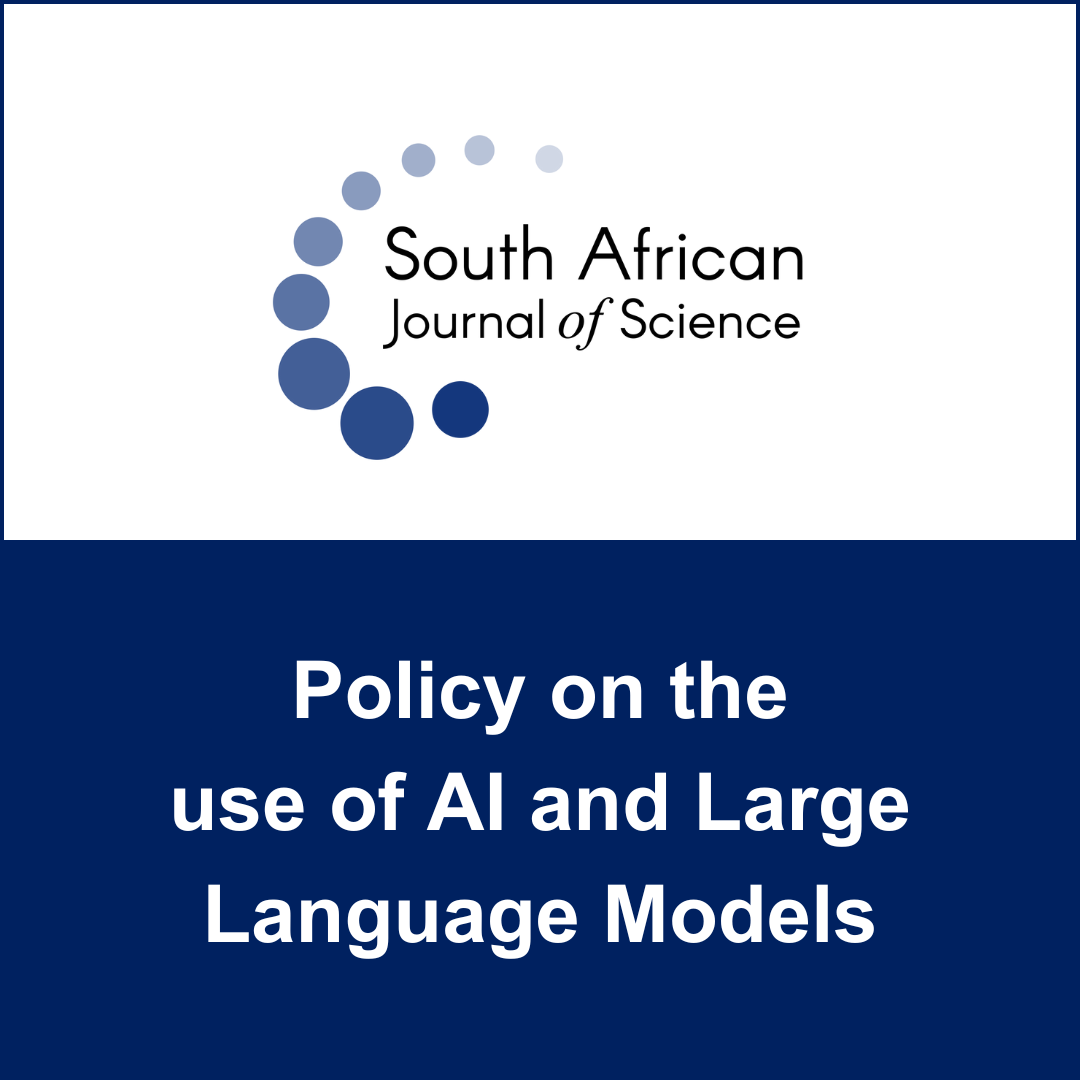
.png)